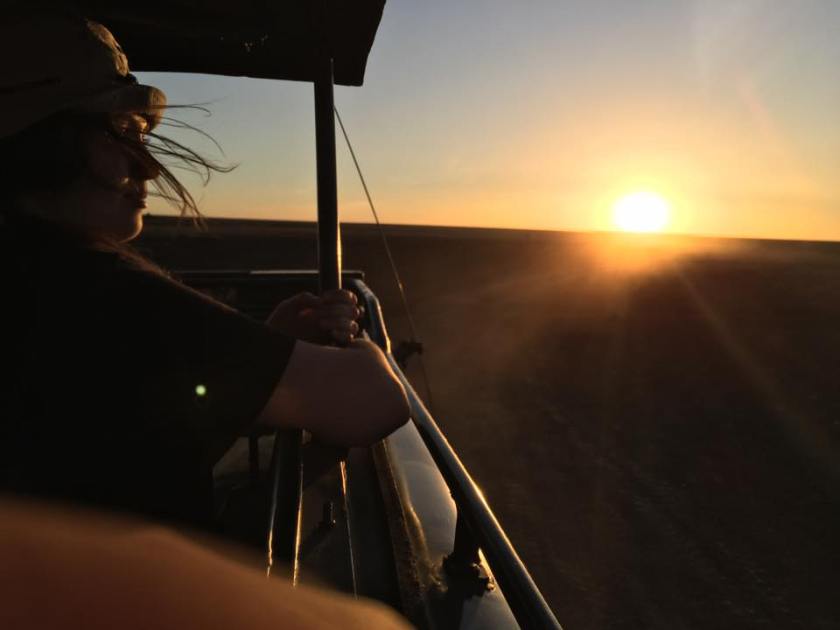Something that I have struggled with since the moment I have stepped foot into a classroom is my classroom management style. I just had no idea how to go about it. Sure, I did not want students talking and sending snapchats to friends through my lessons, but I had no idea how to stop it. Well, no, that’s not entirely true. I was just not completely comfortable with it. I have a very laid back personality. Let me give you an idea of what it’s like to be in my classroom. Whatever you want to do is cool with me. Sure, work at your own pace. You want to work while listening to music? That’s completely fine. My motto is: As long as you’re getting your work done without bothering me or your classmates, do your thing. I learned quickly that I was teaching high school students, not college students. While my classroom management style may work for a few high school students, it will not work for the majority. Unfortunately, it took one wild ride for me to realize that.
It was my first semester of student teaching. I walked into my placement wide eyed and bushy tailed, full of ideas, and ready to hit the ground running. I walked into my collaborating teacher’s classroom about 10 minutes before the bell signaling the beginning of first period rang. There was a smile on my face, and optimism and excitement in my heart. I was ready to start the day. About 10 minutes into first period, a student spewed out and directed every curse word he knew at my collaborating teacher. The only thing she did to “deserve” this treatment was ask him to take his backpack off and remove his earphones. Needless to say, after witnessing my collaborating teacher get verbally annihilated by a thirteen year old in a matter of seconds, that previously mentioned smile, optimism, and excitement was nowhere to be found. Is this what kids are like? I mean, it was not necessarily something new to me. I did go to school K-12 in DeKalb County, which for those who don’t know is a pretty rough county. But, witnessing this behavior as a teacher instead of as a student shocked me. Knowing that that behavior can, and probably will, be directed at me was scary to me.
For some reason, I refused to face the facts. That student had to have just been a fluke, right? Students aren’t actually like that. They can’t be. Students know better than to disrespect teachers like that. After all, people come to school to learn. Yeah, that was just a weird, disrespectful, once in a school year, type of student. Nothing to worry about. Now the bell signaling the start of second period rang. Students began to flood into my classroom. This was my focus class, and now it was my time to put all of excitement and ideas into action. Let’s do this.
I took the lead for this class. I asked them to put away their phones and headphones. That request was met with a annoyed glance, and a return to their phones. I decided to push through and proceed with the activities. Unfortunately, students would not stop talking. Again, I am a very laid back person. So, I gently and calmly requested that they stop talking so that we could continue with the lesson. No one even batted an eye. Eventually, my CT decided to step in to get the class back on task. Again, my smile, excitement, and optimism had all disappeared. I never even thought about classroom management, to be honest. Now, it was all I could think about.
In the weeks to follow, I did all the research pertaining to classroom management that I could find. Any article, any blog, and any teacher that was willing to talk to me about it. I was determined to learn. Eventually, I did. It was trial and error, but I was able to grow a backbone as well as develop classroom management skills. I am by no means perfect at classroom management. I would not even say I am great. What I will say is that I am much more comfortable and effective than I was during my first semester. It is obvious that I am still learning, but it is also obvious how much I have learned.
















 Given that today was the one month anniversary of the shooting in Florida, I decided to do something different in my classroom.
Given that today was the one month anniversary of the shooting in Florida, I decided to do something different in my classroom.

